As 2023 unfolds, shippers are experiencing signs of relief from the supply chain upheaval over the past few years. U.S. container imports in December continued to close in on 2019 volumes, port delays continued to improve, the maritime capacity crunch has eased, and ocean shipping rates have approached pre-pandemic levels.
Key economic indicators, however, paint a conflicting picture of their future impact on import volumes. Combined with COVID-19, geopolitical upheaval, and ongoing U.S. West Coast labour issues, macroeconomic indicators point to challenging global supply chain performance in 2023—compelling companies involved in international trade to remain focused on building supply chain resilience.
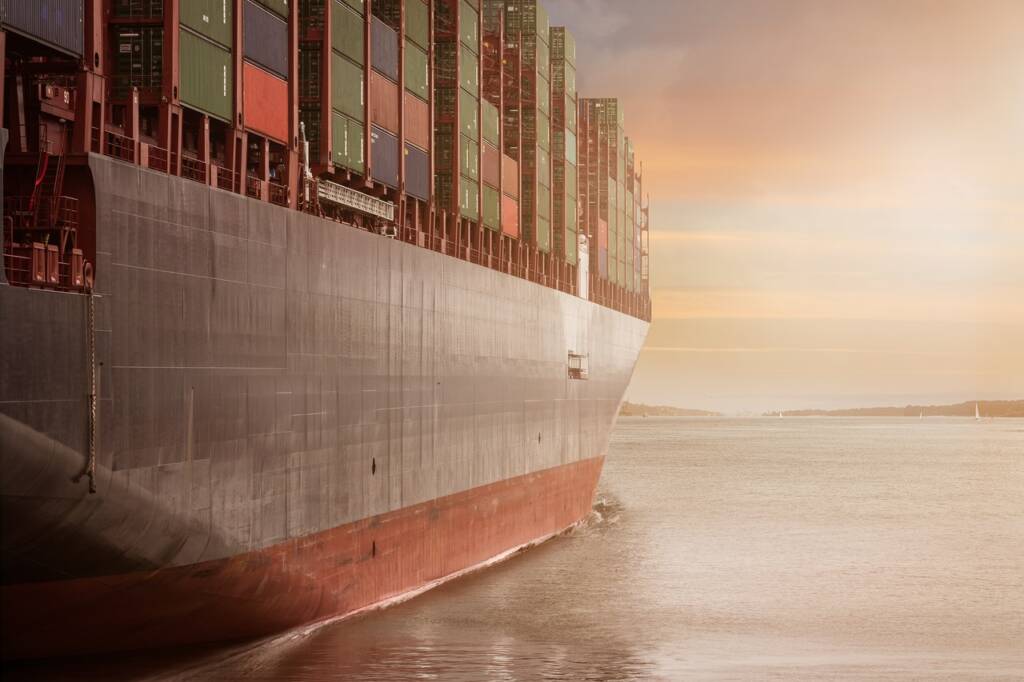
Rapidly identify new suppliers, markets, customers and trade lanes with global trade intelligence.
The ability to quickly find alternative suppliers, markets, customers and trade lanes is critical as global supply chain unrest persists. Sourcing experts need to expand their universe of candidate partners to safeguard commodity availability and bolster supply chain resiliency.
While shippers may know their own supply chains well, they may not appreciate the full range of sources that exist globally, such as qualified suppliers operating outside of their own country or usual trade lanes.
Global trade intelligence solutions capture worldwide import and export flows and present a broader pool of potential global trading partners.
They allow shippers to make informed business decisions by automating the analysis of vast amounts of data that can show market overviews and historical trends to identify shifts in demand.
With this information, businesses can locate alternative suppliers already trading in their region or elsewhere across the world and coordinate supply chains accordingly.
With trade data, companies can also evaluate supplier and factory location density to mitigate reliance on over-taxed trade lanes and regions of the globe where the potential for conflict exists.
Companies can also use global trade intelligence solutions to determine the most expedient and cost-effective shipping routes and modes of transportation. By automating trade data analysis, technology can, for example, identify less congested transportation lanes, such as smaller ports, to improve supply chain velocity and reliability.
While total transit time is important, so is supply chain predictability.
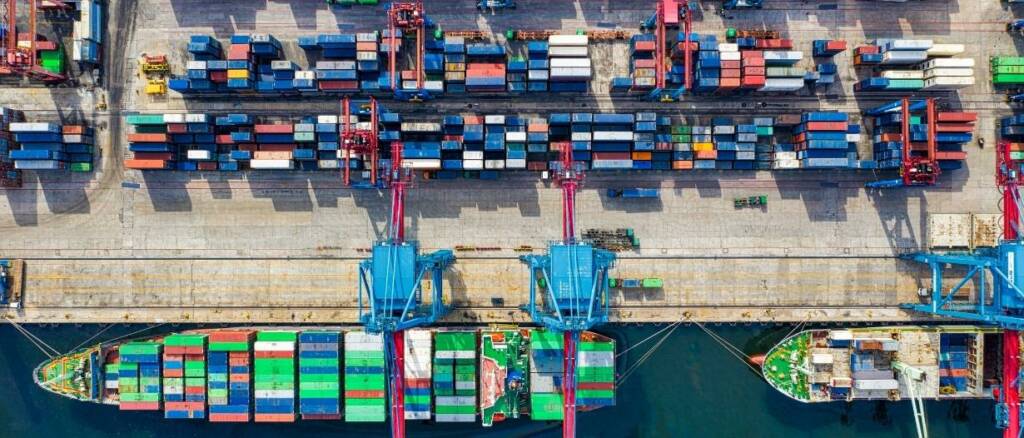
Leverage HTS classification and landed cost calculations
Businesses know they must keep a close eye on their sources of raw materials, parts and finished products to ensure that logistics costs—and tariffs—do not erode overall profit margins.
The need for greater visibility into trade variables and the ability to quickly formulate action plans when they change is a higher stakes game today, as customs and import professionals grapple with supply chain instability.
Technologies for Harmonized Tariff Schedule (HTS) and Harmonized System (HS) classification and landed cost calculations allow shippers to analyse the financial viability of existing and new trade networks.
Instead of traditional labour-intensive manual methods for classification, such as research in hard copy books or on multiple government websites, technology helps shippers to classify significantly faster by making up-to-date tariff and related information from around the world accessible from a single, cloud-based solution. This information helps companies choose the right supply chain path to maximise profit.
Understanding the potential landed cost of alternative suppliers is also critical to the bottom line performance. A changing tariff landscape can make this exercise more difficult than ever.
Shippers need to model costs by determining the most accurate and appropriate tariff classification, relevant beneficial trade agreement provisions and any specific rules of origin or tax implications for imported commodities.
Taken together, these variables constitute core elements of determining the total landed cost of each sourcing option. Shippers also need to continuously assess duty, tax and Free Trade Agreement (FTA) implications. Keeping pace with these fluctuations, especially during times of disruption, can help maximise profitability.
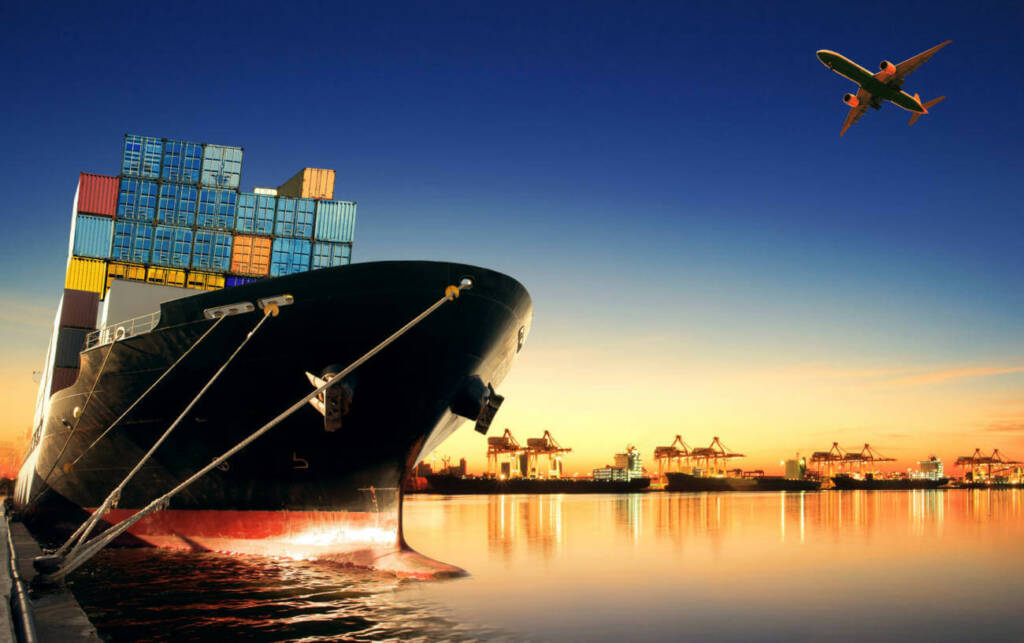
Use denied party screening solutions to vet trading partners
As trade patterns continue to shift in the wake of the pandemic, other geopolitical and economic factors are creating a fluid and unpredictable global trade environment, including the conflict in Ukraine and wide-ranging sanctions on Russia, the West’s decreasing reliance on trade with China and greater global diversification among trading partners.
As shippers continue to adjust to these dynamics, companies must make sure, as they form new trading relationships, that key suppliers, customers and logistics partners are not on sanctions lists.
Denied party, sanctions and third-party screening is fundamental to ensure that business is not conducted with bad actors worldwide. In an environment of heightened security, changing regulatory regimes, rising fines, and complex sanctions ownership requirements, proper technology-enabled compliance screening is a must.
At its core, automated compliance screening is a due diligence review of an extraordinarily high volume of information as it flows into and out of business systems, such as transactions, employees, partners, contractors, subcontractors and prospects, to ensure business is not conducted with entities on a government restricted, debarred or sanctioned party list.
A denied party list is a broad term that can include watch lists, sanction lists, concern lists, restricted party lists and embargoed countries. A large number of entities maintain denied party lists, which can include individuals, companies, foreign government agencies, and locations.
Companies conducting business with listed persons or entities could be subject to civil and/or criminal prosecution, fines, denial of export and/or import privileges, and closure of financial processing. Given the ongoing and daily changes to most denied party lists, it is also necessary to conduct repeated screening for every entity, since their status with respect to any given denied party list may change without notice at any given time.
Beyond this, it is critical to maintain an audit trail and keep records of compliance efforts to hedge against risk.
Looking ahead
Forward-thinking shippers recognise that global supply chains are still under pressure from significant events and, moreover, that managing through disruption is not just a one-time event or even a short-term problem.
These are the days when international businesses need to be able to reevaluate supply chains rapidly and constantly in order to remain successful—and global trade technologies are indispensable for shippers focused this year on making their supply chains more resilient.
 Australia
Australia Hong Kong
Hong Kong Japan
Japan Singapore
Singapore United Arab Emirates
United Arab Emirates United States
United States France
France Germany
Germany Ireland
Ireland Netherlands
Netherlands United Kingdom
United Kingdom
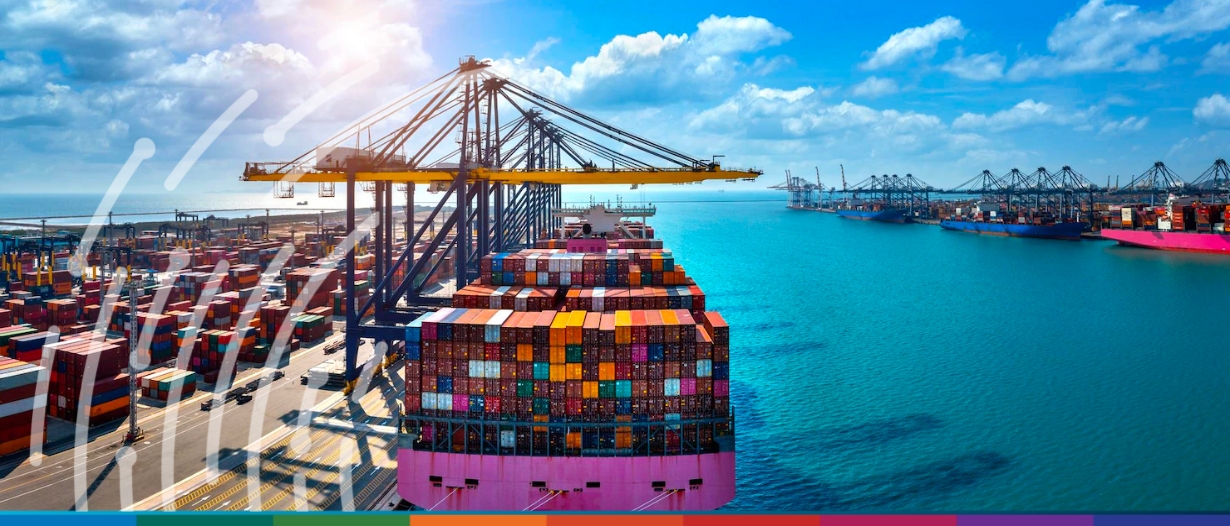





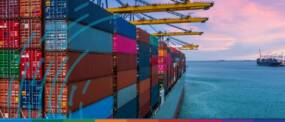
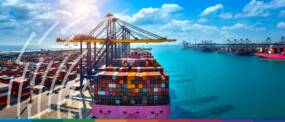


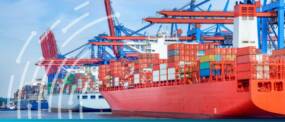
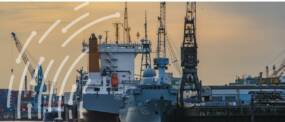


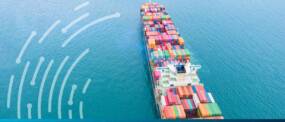
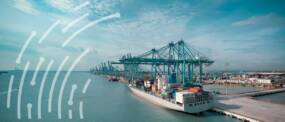
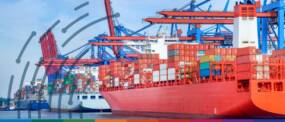







Comments are closed.